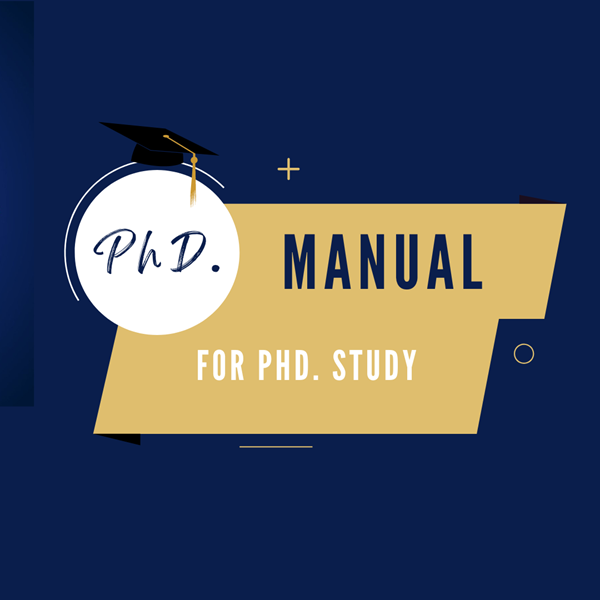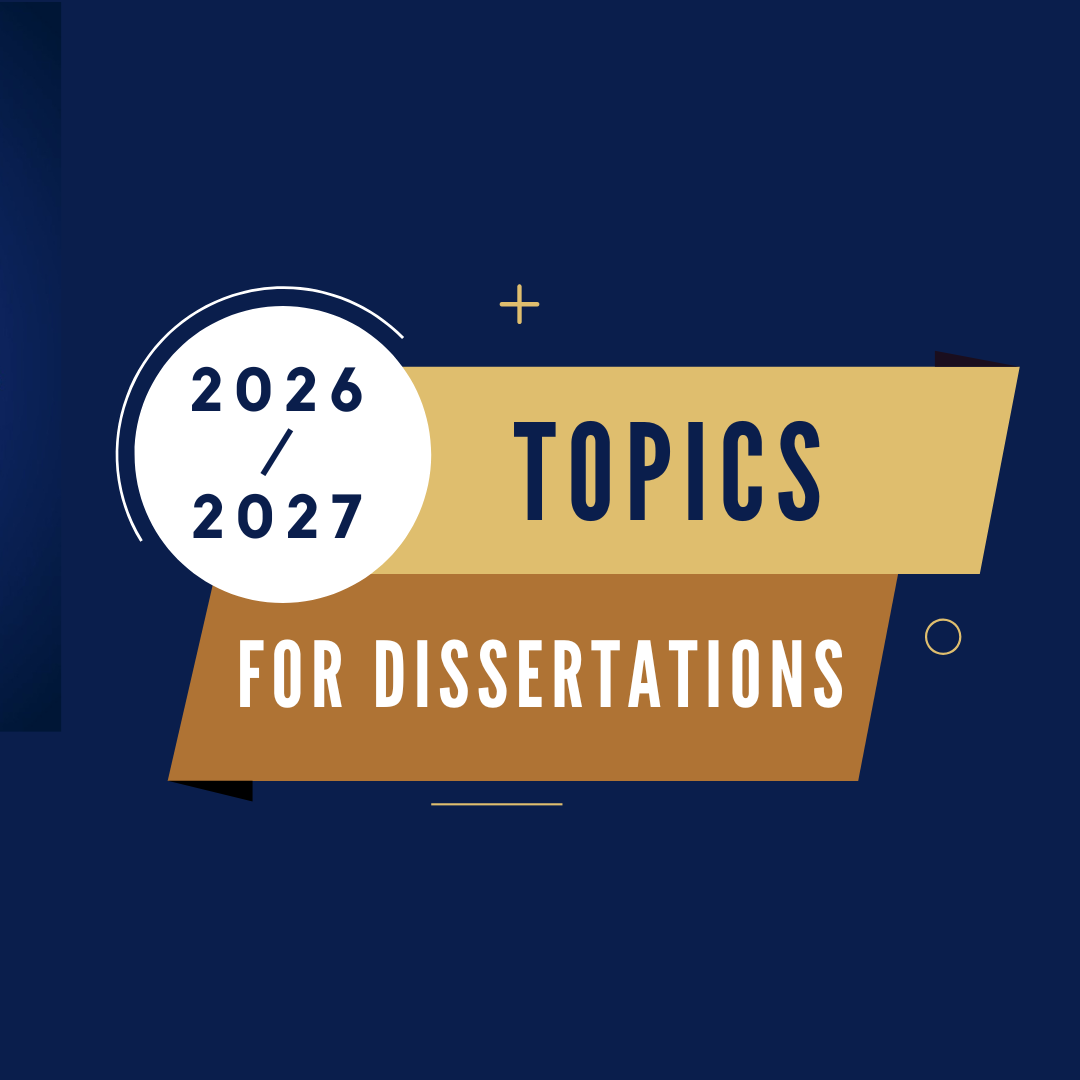The Institute of Experimental Psychology CSPS SAS, as a non-university institution, has an agreement on cooperation in carrying out PhD. programs with one university:
In order to submit a "good" PhD application (dissertation project proposal) we recommend to arrange e-mail consultations (electronic or personal) on the selected topic directly with the supervisor from the IEP CSPS SAS.
- with the Faculty of Philosophy and Arts of Trnava University in the study program Psychology
- Topics listed for PhD. studies are based on the research program of the Institute. They are part of the research project in which the supervisor participates.
- The future doctoral student will become the official investigator of this grant project and a member of the research team; his/her dissertation is/will contribute to the solution and be part of the project results.
- The supervisors will guide the scientific part of PhD. study to writing scientific studies in the field of the dissertation work in reputable domestic and international peer-reviewed journals.
For current topics, conditions and deadlines for the PhD. study interviews in the above-mentioned study programs for the current school year, please consult the relevant faculty website:
- Faculty of Philosophy and Arts of Trnava University http://ff.truni.sk
In order to submit a "good" PhD application (dissertation project proposal) we recommend to arrange e-mail consultations (electronic or personal) on the selected topic directly with the supervisor from the IEP CSPS SAS.
Who are our doctoral supervisors?
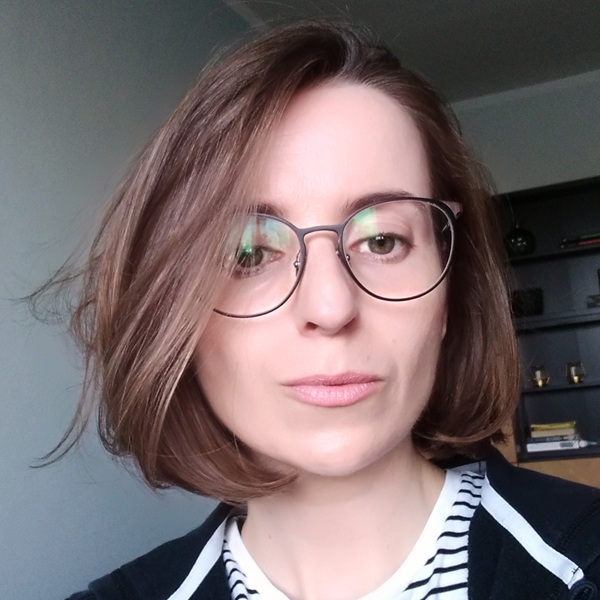
Mgr. Magdalena Adamus, PhD.
Field of expertise: social psychology
Current scientific topics:conspiracy beliefs, economic anxiety, precarity, intergroup attitudes, gender studies
Expectations for PhD students:
"In addition to good language skills, I expect a high level of scientific curiosity, an eagerness to ask research questions and a creative approach to finding methods to answer these questions."
Approach of supervision:
"At the beginning of the process, we will review and agree on the plan based on your specific needs. Regardless of the agreements, I am always happy to consult with you and discuss research ideas aimed at achieving the goals of your dissertation."
Why our institute?
"Our institute is not only a leading centre for research into conspiracy beliefs, but also a stimulating academic environment."
Current scientific topics:conspiracy beliefs, economic anxiety, precarity, intergroup attitudes, gender studies
Read more
Expectations for PhD students:
"In addition to good language skills, I expect a high level of scientific curiosity, an eagerness to ask research questions and a creative approach to finding methods to answer these questions."
Approach of supervision:
"At the beginning of the process, we will review and agree on the plan based on your specific needs. Regardless of the agreements, I am always happy to consult with you and discuss research ideas aimed at achieving the goals of your dissertation."
Why our institute?
"Our institute is not only a leading centre for research into conspiracy beliefs, but also a stimulating academic environment."
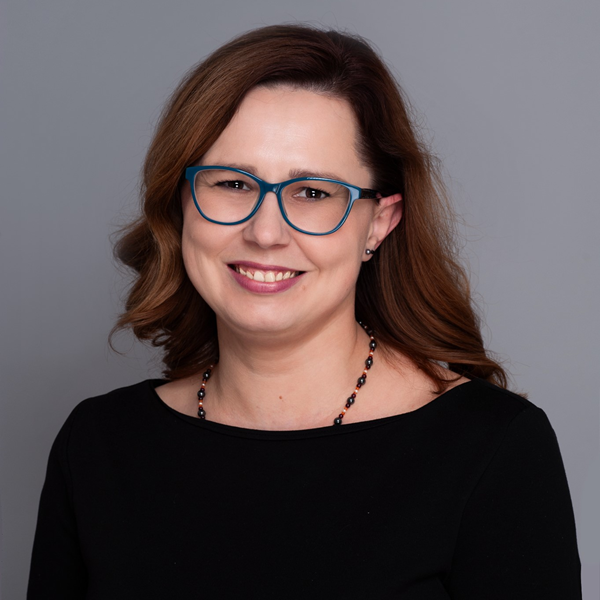
PhDr. Eva Ballová Mikušková, PhD.
Field of expertise: cognitive psychology, epistemically unfounded beliefs
Current scientific topics:epistemically unfounded (especially conspiracy) beliefs and related factors (cognitive abilities, well-being, precarity, health and financial behavior).
Expectations for PhD students:
"A PhD student at the Institute of Experimental Psychology should be scientifically curious, willing to learn, not afraid to ask questions, able to socialise (both inside and outside the Institute), proactive and independent. A good command of the English language is a must."
Approach of supervision:
"Together with the students, we set goals and milestones in advance. We meet regularly as agreed, but I am always available if necessary."
Why our institute?
"The PhD programme at the Institute of Experimental Psychology offers you the unique opportunity to work with high-level researchers, participate in research projects, enter into collaborations and present your research at national and international conferences. All this takes place in a supportive and pleasant atmosphere."
Note :-)
"Starting a PhD programme can feel like jumping in at the deep end, but our institute is like a pool of salt water — we won’t let you drown."
Current scientific topics:epistemically unfounded (especially conspiracy) beliefs and related factors (cognitive abilities, well-being, precarity, health and financial behavior).
Read more
Expectations for PhD students:
"A PhD student at the Institute of Experimental Psychology should be scientifically curious, willing to learn, not afraid to ask questions, able to socialise (both inside and outside the Institute), proactive and independent. A good command of the English language is a must."
Approach of supervision:
"Together with the students, we set goals and milestones in advance. We meet regularly as agreed, but I am always available if necessary."
Why our institute?
"The PhD programme at the Institute of Experimental Psychology offers you the unique opportunity to work with high-level researchers, participate in research projects, enter into collaborations and present your research at national and international conferences. All this takes place in a supportive and pleasant atmosphere."
Note :-)
"Starting a PhD programme can feel like jumping in at the deep end, but our institute is like a pool of salt water — we won’t let you drown."
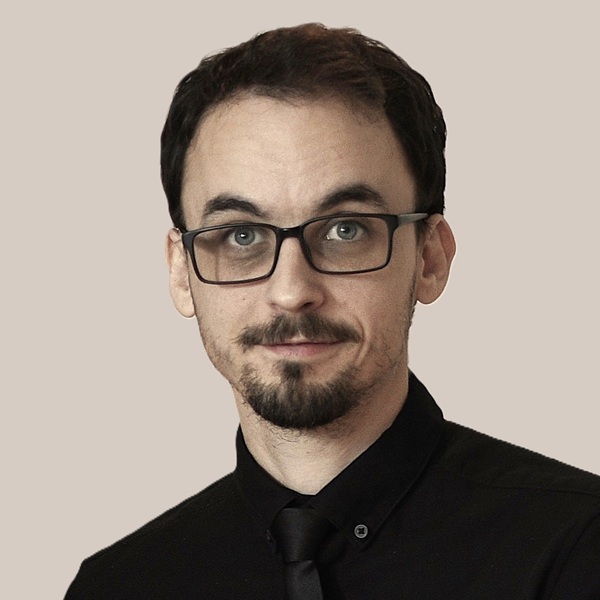
Mgr. Matúš Grežo, PhD.
Field of expertise: social psychology, economic psychology
Current scientific topics:trust, social norms, polarization
Expectations for PhD students:
"I don’t have strict expectations of PhD students because everyone has a different preferred way of working and learning. Some students require weekly consultations, while others prefer to work independently and think about the topic. I am willing to adapt to these differences as long as we agree on a broader schedule and key milestones. However, what should unite us is the intrinsic motivation to work on the chosen topic."
Why our institute?
"Excellent research in Slovakia on the topics studied by our institute."
Current scientific topics:trust, social norms, polarization
Read more
Expectations for PhD students:
"I don’t have strict expectations of PhD students because everyone has a different preferred way of working and learning. Some students require weekly consultations, while others prefer to work independently and think about the topic. I am willing to adapt to these differences as long as we agree on a broader schedule and key milestones. However, what should unite us is the intrinsic motivation to work on the chosen topic."
Why our institute?
"Excellent research in Slovakia on the topics studied by our institute."
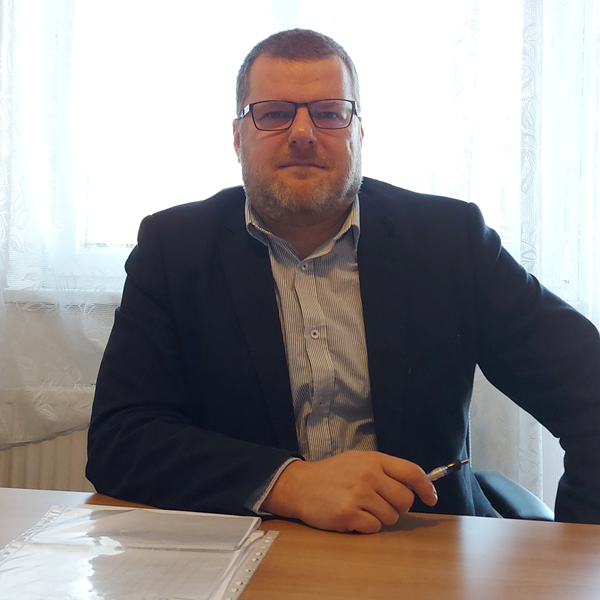
Prof. Mgr. Peter Halama, PhD.
Field of expertise: personality psychology
Current scientific topics: individual predictors of conspiracy beliefs, adaptation in transitional life situations, meaning-making processes.
Expectations for PhD students:
"Sufficient knowledge of English for the study of international literature and the communication of results is required, as are methodological and statistical skills, a willingness to learn and a passion for research."
Approach of supervision:
"I tailor my approach to the needs and preferences of the students."
Why our institute?
"Doctoral students are integrated into research teams so that they do not have to work alone. The institute has a positive and supportive atmosphere."
Current scientific topics: individual predictors of conspiracy beliefs, adaptation in transitional life situations, meaning-making processes.
Read more
Expectations for PhD students:
"Sufficient knowledge of English for the study of international literature and the communication of results is required, as are methodological and statistical skills, a willingness to learn and a passion for research."
Approach of supervision:
"I tailor my approach to the needs and preferences of the students."
Why our institute?
"Doctoral students are integrated into research teams so that they do not have to work alone. The institute has a positive and supportive atmosphere."
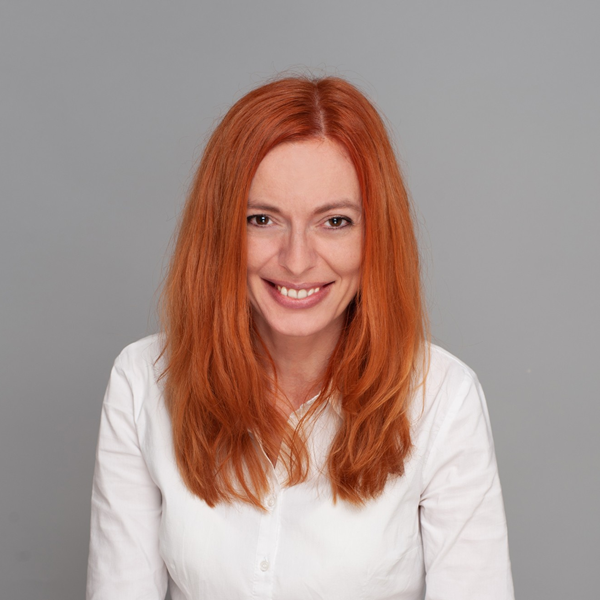
doc. PaedDr. Vladimíra Kurincová Čavojová, PhD.
Field of expertise: cognitive psychology, social psychology
Current scientific topics: epistemically unfounded beliefs (conspiracy theories, pseudoscience), scientific reasoning
Expectations for PhD students:
"I consider an active knowledge of English to be such a basic requirement that I often forget to ask applicants specifically about it. I work best with people who are sufficiently independent and creative – in other words, who contribute their own ideas, which we then develop further together, and who are prepared to take on challenges, for example learning new things, even if they are difficult and require a lot of effort and time. I also expect that their main motivation when they start their doctoral studies is curiosity and a willingness to learn new things. However, it is important that they understand that this process in science — if they choose to pursue it— is continuous and never-ending.
I also find it easier to work with someone who, like me, sees my role as more of a guiding, supportive presence, rather than seeing a supervisor as someone who owns the ultimate truth and makes every little decision for them.
It's also an advantage if they enjoy writing, because that naturally goes hand in hand with reading."
Approach of supervision:
"It is based on mutual agreement. I prefer it when students are self-motivated and disciplined enough to decide for themselves when they need more support from me and when they need more time for themselves. I have found that regular meetings and record keeping work well, but the frequency is individual. With some students we meet weekly, with others more fortnightly or monthly.
I appreciate knowing what my PhD student is working on and I make it a point to keep to the agreed deadlines. However, the student has the freedom to organise the time for the different phases as they see fit - I just expect them to stick to it when the time comes."
Why our institute?
"Our institute is one of the leading psychological research institutions in Slovakia and offers doctoral students a wide range of supervisors. Another great advantage of our institute is the strong culture of collaboration, which allows PhD students to engage with a broader research team. This not only helps them to progress faster, but also provides psychological support. Overall, I think the atmosphere here is very supportive and friendly."
Note :-)
"I believe that people should enjoy what they do. If someone wants to do science, they should be reasonably resilient and open to feedback (which is often very direct in science). I appreciate it when people don’t take themselves too seriously, but take their work seriously. That’s actually it! :-)"
Current scientific topics: epistemically unfounded beliefs (conspiracy theories, pseudoscience), scientific reasoning
Read more
Expectations for PhD students:
"I consider an active knowledge of English to be such a basic requirement that I often forget to ask applicants specifically about it. I work best with people who are sufficiently independent and creative – in other words, who contribute their own ideas, which we then develop further together, and who are prepared to take on challenges, for example learning new things, even if they are difficult and require a lot of effort and time. I also expect that their main motivation when they start their doctoral studies is curiosity and a willingness to learn new things. However, it is important that they understand that this process in science — if they choose to pursue it— is continuous and never-ending.
I also find it easier to work with someone who, like me, sees my role as more of a guiding, supportive presence, rather than seeing a supervisor as someone who owns the ultimate truth and makes every little decision for them.
It's also an advantage if they enjoy writing, because that naturally goes hand in hand with reading."
Approach of supervision:
"It is based on mutual agreement. I prefer it when students are self-motivated and disciplined enough to decide for themselves when they need more support from me and when they need more time for themselves. I have found that regular meetings and record keeping work well, but the frequency is individual. With some students we meet weekly, with others more fortnightly or monthly.
I appreciate knowing what my PhD student is working on and I make it a point to keep to the agreed deadlines. However, the student has the freedom to organise the time for the different phases as they see fit - I just expect them to stick to it when the time comes."
Why our institute?
"Our institute is one of the leading psychological research institutions in Slovakia and offers doctoral students a wide range of supervisors. Another great advantage of our institute is the strong culture of collaboration, which allows PhD students to engage with a broader research team. This not only helps them to progress faster, but also provides psychological support. Overall, I think the atmosphere here is very supportive and friendly."
Note :-)
"I believe that people should enjoy what they do. If someone wants to do science, they should be reasonably resilient and open to feedback (which is often very direct in science). I appreciate it when people don’t take themselves too seriously, but take their work seriously. That’s actually it! :-)"
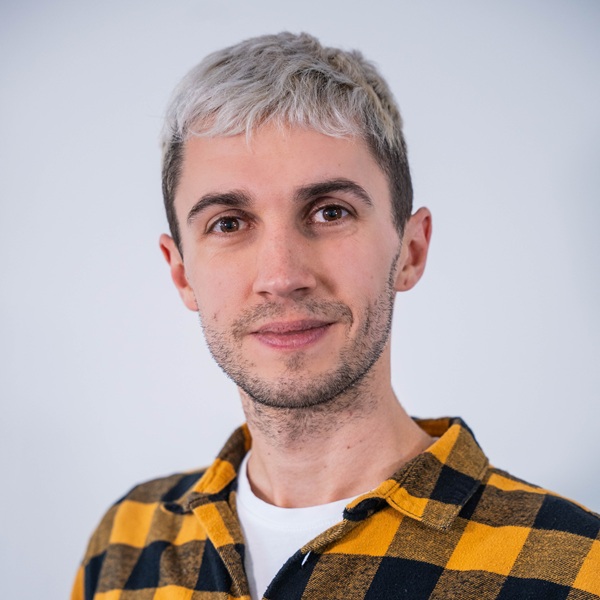
Mgr. Jakub Šrol, PhD.
Field of expertise: social psychology, cognitive psychology
Current scientific topics: conspiracy beliefs, interpersonal relationships, intergroup dynamics
Expectations for PhD students:
"First and foremost, I expect applicants for the PhD programme to have a strong inner motivation and personal fulfilment through the idea of scientific work. In addition, I consider a high level of English language skills, creativity and independence to be important qualities — everything else can be learnt during the PhD programme."
Approach of supervision:
"I prefer to hold regular weekly consultations with the doctoral students where they can discuss anything they need at the time. Depending on individual needs, I endeavour to be as flexible as possible with supervision. However, I also believe it is important that doctoral students are able to work independently on mutually agreed milestones."
Why our institute?
"In my opinion, the Institute of Experimental Psychology offers a unique environment within psychological science in Slovakia, full of dedicated and highly qualified researchers. Another great advantage of our institute is the very pleasant working environment, which makes it easier to master all challenges."
Current scientific topics: conspiracy beliefs, interpersonal relationships, intergroup dynamics
Read more
Expectations for PhD students:
"First and foremost, I expect applicants for the PhD programme to have a strong inner motivation and personal fulfilment through the idea of scientific work. In addition, I consider a high level of English language skills, creativity and independence to be important qualities — everything else can be learnt during the PhD programme."
Approach of supervision:
"I prefer to hold regular weekly consultations with the doctoral students where they can discuss anything they need at the time. Depending on individual needs, I endeavour to be as flexible as possible with supervision. However, I also believe it is important that doctoral students are able to work independently on mutually agreed milestones."
Why our institute?
"In my opinion, the Institute of Experimental Psychology offers a unique environment within psychological science in Slovakia, full of dedicated and highly qualified researchers. Another great advantage of our institute is the very pleasant working environment, which makes it easier to master all challenges."
Views: 301

